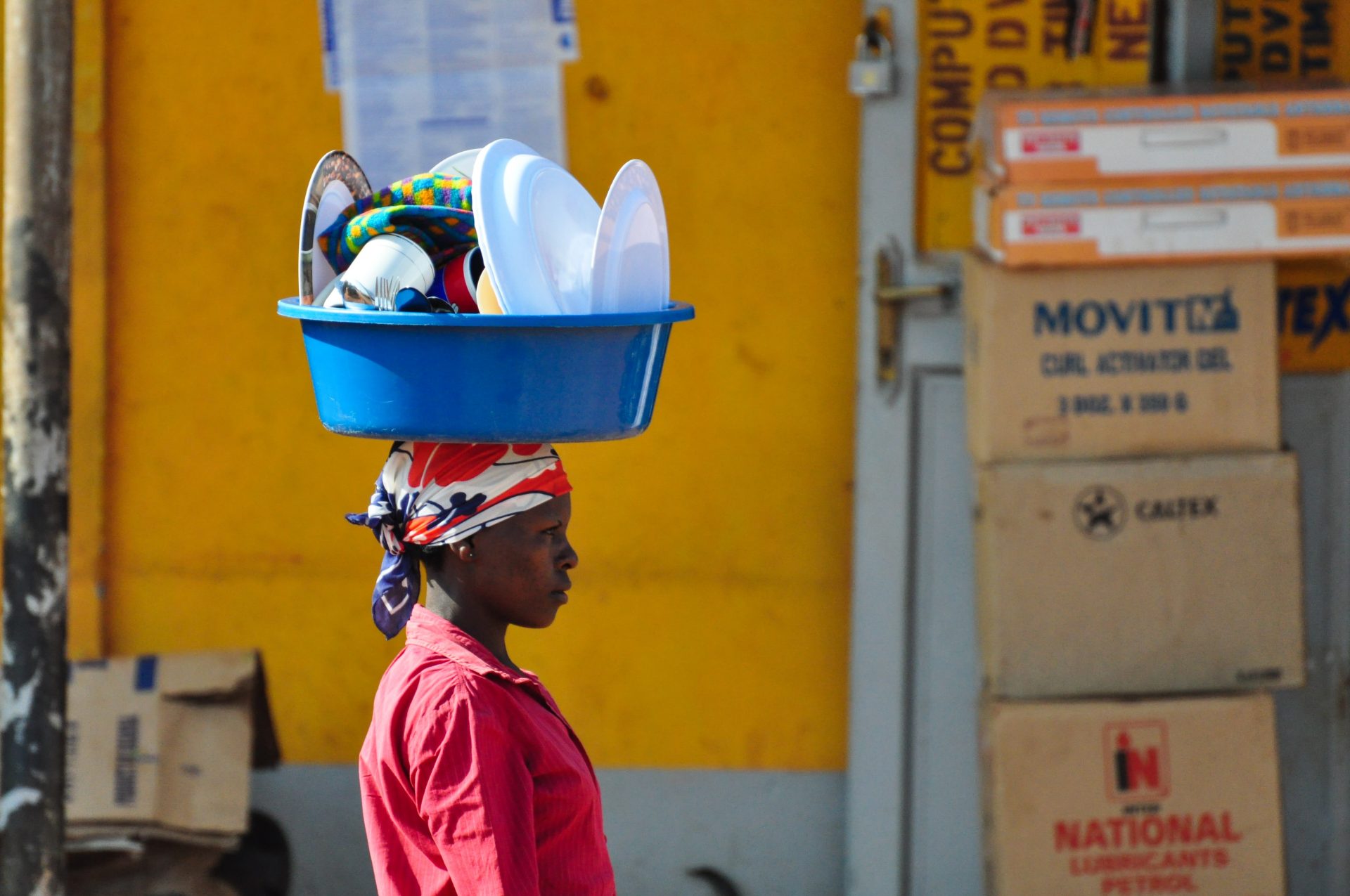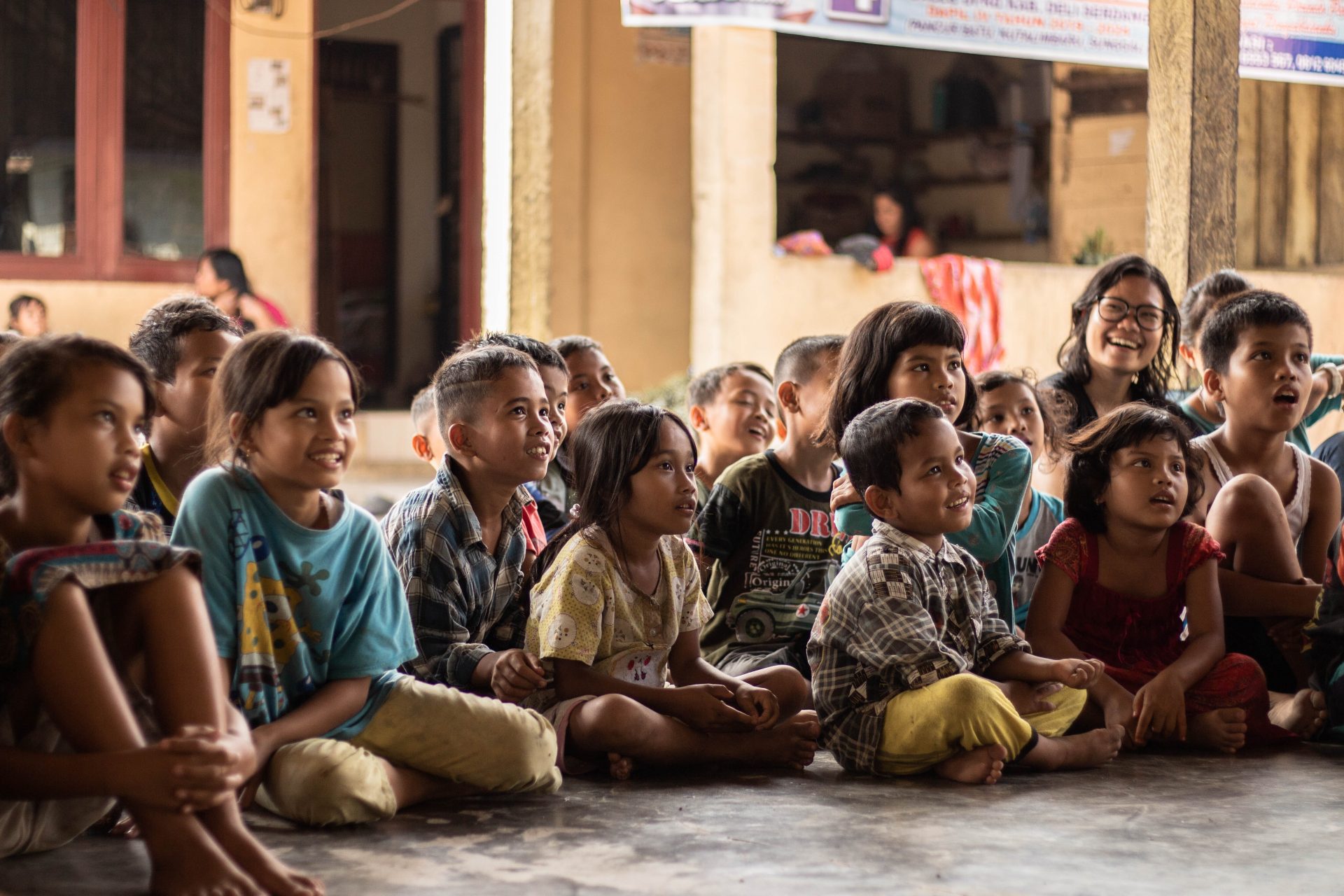- National malaria programs together with in-country implementing partners and stakeholders, including civil society and community-based organisations
The Malaria Matchbox Tool provides a qualitative analytical framework for the examination of how social, economic, cultural, and gender-related inequities shape malaria and malaria services in a country or region. It aims to support national malaria programs by identifying key affected areas and/or populations and assessing the factors that drive inequities. The Tool consists of a pre-assessment phase and five detailed modules with step-by-step guidance, as well as illustrative case studies.

Establish actions that have been shown to effectively address the barriers identified and determine how they can be integrated into existing interventions or adapted into the existing programs. To do this will require wide consultation and collaboration, ensuring the affected/ identified groups are included to support a human- centred design approach.
Address malaria in the wider context of developmental, economic, political, environmental, agricultural, educational, biological, legal, security and social issues. Ensure that interventions reach all populations at risk of malaria by accounting for the different barriers that populations face in accessing and using services. Ensure that the unique experiences and specific needs of different target populations are purposefully integrated into the design of malaria interventions.
This phase provides planning guidance on how to obtain multi-stakeholder national commitment; form a multidisciplinary and multisectoral assessment team; develop a budget and identify funding sources; and create a comprehensive research proposal.
Conduct a literature review to understand the country’s malaria burden, policy and program context, and inequities (e.g., socioeconomic, gender, geography, ethnicity, age-related, etc.) in malaria and primary health care service coverage and health outcomes.
Engage key stakeholders through focus group discussions (FGDs) and/or key informant interviews (KIIs) to better understand the factors, and their gendered dimensions, that may limit or facilitate the delivery of and access to services.
Use FGDs or KIIs to better understand the household power dynamics, including those based on gender norms, that affect access to and use of malaria prevention tools and treatment-seeking behaviour.
Use the findings from Modules 1-3 to identify key barriers and, if applicable, integrate the analysis into the preliminary report of the other ongoing country-led review (such as the MPR). Host a multi-sectoral meeting with key stakeholders, within the ‘conclusion workshops’ of the MPR or other review if applicable, to review the findings, discuss their implications for malaria programming and policies, and identify and plan the next steps towards action.
Key barriers and issues identified should be addressed through integrated approaches and can be combined with strategies that already in place in the country.
Given the impact of a range of local attitudes, social norms, self and effect efficacy, personal advocacy, risk perceptions, beliefs and cultural patterns on individuals’ behaviour and community practices including on malaria prevention and treatment behaviours, the sociocultural and gender-related determinants of health in programme design is fundamental to ensure no one is left behind in the design and implementation of national health/malaria plans.





